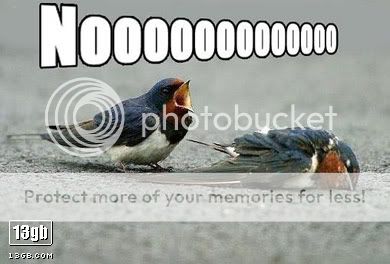
That’s my knee jerk reaction to Hanna Rosin’s new piece for the Atlantic on whether women are well served by hookup culture. I’ll get a little more cogent after the blockquote:
But this analysis downplays the unbelievable gains women have lately made, and, more important, it forgets how much those gains depend on sexual liberation. Single young women in their sexual prime—that is, their 20s and early 30s, the same age as the women at the business-school party—are for the first time in history more successful, on average, than the single young men around them. They are more likely to have a college degree and, in aggregate, they make more money. What makes this remarkable development possible is not just the pill or legal abortion but the whole new landscape of sexual freedom—the ability to delay marriage and have temporary relationships that don’t derail education or career. To put it crudely, feminist progress right now largely depends on the existence of the hookup culture. And to a surprising degree, it is women—not men—who are perpetuating the culture, especially in school, cannily manipulating it to make space for their success, always keeping their own ends in mind. For college girls these days, an overly serious suitor fills the same role an accidental pregnancy did in the 19th century: a danger to be avoided at all costs, lest it get in the way of a promising future.
Plenty of room in the comment thread to talk about sex more specifically, but the thing that’s really creeping me out about this piece is that it’s essentially an attack on intimacy. An “overly serious suitor” may indeed interfere with your career, but I’ll bet a too-close friendship will, too. (Though that’s not mentioned, because we don’t take friendship seriously enough already.) After all, whether or not your relationship in sexual, commitment and mutual dependence will constrain and limit your freedom from.
The trouble is, if that’s what you’re paring off, the freedom to that you’re preserving is pretty much just your freedom to work and advance. Letting your job be your life makes more sense if your career is also your vocation, if it’s making it easier for you to be the person you ought to be and grow in goodness. That’s not generally how I hear people describe the kind of high powered finance or legal jobs that Rosin’s profilees seem to hold. And even if you’ve got a stressful job that does good (let’s say you work in the public defender’s office), the results of your work may be service, but the way you work may not be good for you.
If we’re actually claiming that the only way to get good works done is to call twentysomethings to a kind of emotional martyrdom (viz throwing unprepared, hastily trained teachers into the worst classrooms to hold the line for two years til they burn out), they we should admit that’s what we’re doing. And then we should reel a bit in horror and try and think if there’s a better solution.
When I read the Anne-Marie Slaughter piece on not having it all, I had two big reactions:
- Women are slightly better off in that they recognize not having time for their children as a privation. Men also don’t have it all, but our culture doesn’t even tell them they’re missing out, so they may not realize they need to fight.
- Auuugghh auugghhh augghhh, why do we structure jobs to destroy families?
White House jobs are intense, but I’ll bet most of the jobs that need you “on call” all the time could be toned down. Instead of having people work 12-16 hours a day, why not just hire two people and have them each work nine hours? There are enough bright young things to staff these high intensity jobs at reasonable hours but a larger workforce.
Essentially, I’m endorsing the doctor/nurse model, where, because the work is high stakes and constant, people work in shifts. You can lose a lot if you muff the handoff at shift change, but I think the solution is to work on safeguards, not to stick with the anti-human model of work we’ve accepted.
Because regardless of whether you think a 20-something year old needs sex to have a full life, if you admit that you can only make it fit if you strip it of intimacy and mutual recognition, the debate on the need for sex should pause while you figure out how to revamp your society and your life.
Can’t this be the culture war battle where we all fight on the same side?











